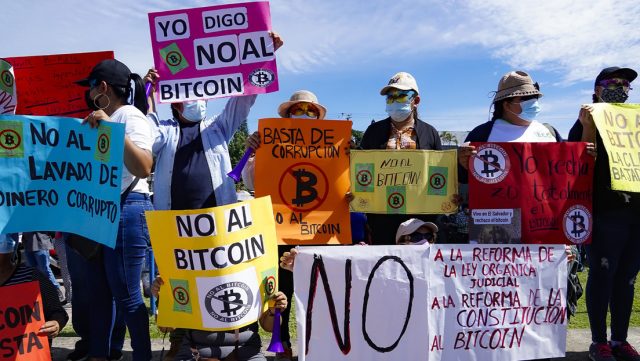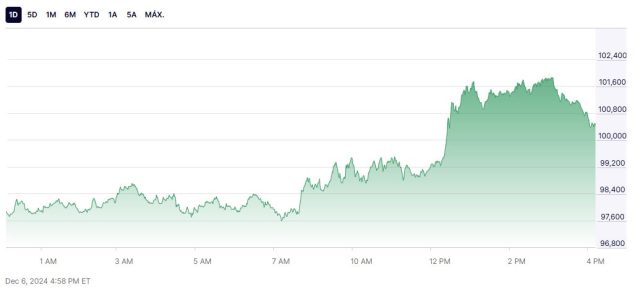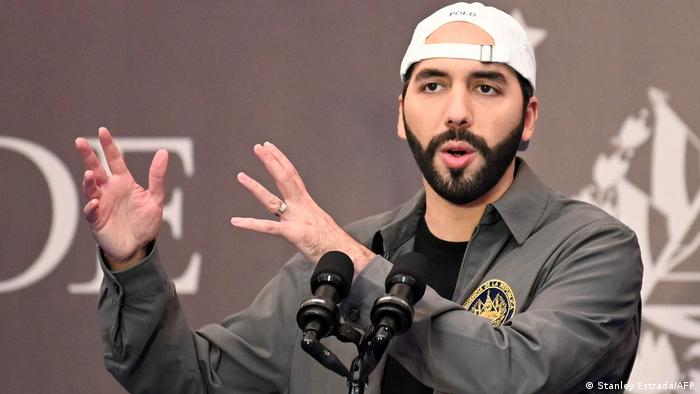Just over a year after El Salvador declared bitcoin as its second legal tender, the vast majority of the population disapproves of the implementation of that economic policy promoted by the Nayib Bukele government.
A survey conducted by the University Institute of Public Opinion (IUDOP), of the Jesuit Central American University «José Simeón Cañas» (UCA), revealed that 61.3% of the population disapproves of the Government’s decision to implement bitcoin as legal currency, compared to 38.5% approve of the measure.
In addition, one year after the entry into force of the Bitcoin Law, 65.5% describe its application as a «failure», in contrast to just 16.5% who consider the policy a «success», explains the journalist Nazareth Balbás for RT.
The results are not surprising, since a previous survey carried out last year by the same institute warned that 71 out of 100 Salvadorans were only interested in using dollars to make transactions, despite the fact that the country had authorized bitcoin as the second local currency. .
A year later, the figure is revealing: 76 out of 100 Salvadorans declare «that they have not used bitcoin to make purchases or payments so far in 2022».Bitcoin rejection grows
This has not been an easy year for the Bukele government. Despite the enthusiasm with which the president presented his ambitious bet on bitcoin, the balance is not very encouraging: the cryptocurrency has suffered significant losses in the price, directly impacting the public coffers; the issuance of the so-called ‘Volcano Bonds’ has been delayed; and there is a cloak of opacity in how the State has managed the acquisition of these digital assets.
For this reason, the UCA survey details that 65 out of 100 Salvadorans disagree with Bukele’s decision to continue spending public money to buy bitcoin, which explains why 77 out of 100 reject the Executive decision to allocate a budget for that end.
«These results show that the Salvadoran population has a very critical opinion towards this economic policy promoted by the current government and towards the governmental decisions that have been taken to promote it in the country», states the report.
The reasons behind this rejection also have to do with the meager results of Bukele’s policy in the salvadoran family´s economy. According to the survey, 77 out of 100 Salvadorans say that their situation has not changed since the cryptocurrency became legal tender.
In fact, on a scale of 1 to 10, the citizens’ assessment of bitcoin was 4.61 points. The figure, without a doubt, puts an important sign of disapproval to the president’s economic management.
If the magnifying glass is put on that same scale, an interesting fact that the study shows is that the negative perception of bitcoin varies according to the sex, age and educational level of those surveyed. For example, women rate the policy with 4.21 points (below the average); while 65-year-olds give it 4.09 points and people who do not have formal education give it 3.39 points.
The disapproval, naturally, is much higher for people «who consider that their family economic situation has worsened in the last three months», since they rate it with 3.52 points.
«The most unpopular measure»
The results of the study were presented on Tuesday this week. For the highest authority of the UCA, Andreu Oliva, «the survey confirms that [bitcoin] is the most unpopular measure of the Nayib Bukele government, the most criticized and the worst evaluated», reports the local media.
One of the doubts raised by Oliva is the reason why Bukele has not reverted such an unpopular measure, especially since the rejection not only comes from the population but also from international organizations such as the Monetary Fund (IMF).
Last week, the director of the Western Hemisphere of the IMF, Ilan Goldfajn, told Bloomberg that there were at least three obstacles in the Bukele administration that prevented the possibility of the IMF financing El Salvador: governance, fiscal issues and the bitcoin.
The official considered those issues to be «pretty challenging right now». With regard to bitcoin, the IMF has been strict, since from the outset it recommended the repeal of Bukele’s controversial law, warning about the volatility of the cryptocurrency and the flaws that could violate the integrity of money flows. , «due to the anonymity provided» by the buying and selling system.
Bukele, for his part, has decided to ignore the Fund’s recommendations, although he has shown less enthusiasm for bitcoin, at least on social networks. Earlier this month, however, he published an article in which he defended the soundness of his economic policy and claimed that he was trying to fight the «system itself for the future of humanity».
In contrast to the data from the UCA survey, the president assured in his article that El Salvador, right now, is the epicenter of the adoption of bitcoin and, therefore, «of economic freedom, financial sovereignty, resistance to censorship, and non-confiscatable wealth».











